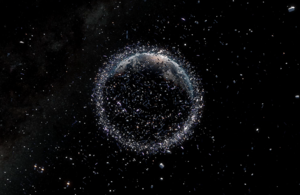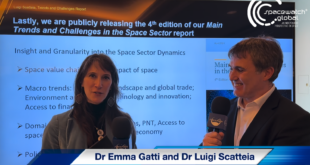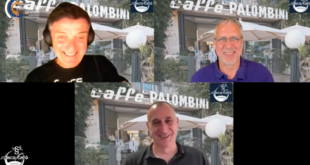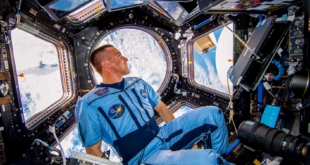
Edinburgh, 10 August, 2021. – UK companies and research organisations can apply for up to a £200,000 funding to develop technologies and data processing capabilities to help reduce space debris.
Orbital congestion and space debris have become infrastructure and potentially life-threatening problems. About 95% of the objects tracked orbiting our planet is space junk. This means around 130 million pieces of debris compared to the 3,000 working satellites in orbit. Sizes of useless debris orbiting Earth range from a speck of paint to the size of a school bus.
These old satellites, spent rocket bodies, and tools dropped by astronauts travel at 28,164 kilometres per hour. Space junk the size of a mobile phone travelling at this speed could wipe out life on the ISS. Space debris is also obstructing astronomical observations from Earth as well as being hazardous for infrastructure.
As our planet’s atmospheric drag cannot keep up with the increasing number of satellites launched from Earth, it is not enough to clear LEO from space debris. Also, collisions in space can create further fragments (Kessler effect). Everyday services such as communications, bank transfers and satellite navigation could be affected among others.
The joint initiative from the UK Space Agency’s National Space Technology Programme (NSTP) and Space, Surveillance and Tracking Programme (SST) aims to help bolster the UK’s capabilities to track, monitor, and remove space debris.
The deadline for applications is midday on 25th August 2021.





